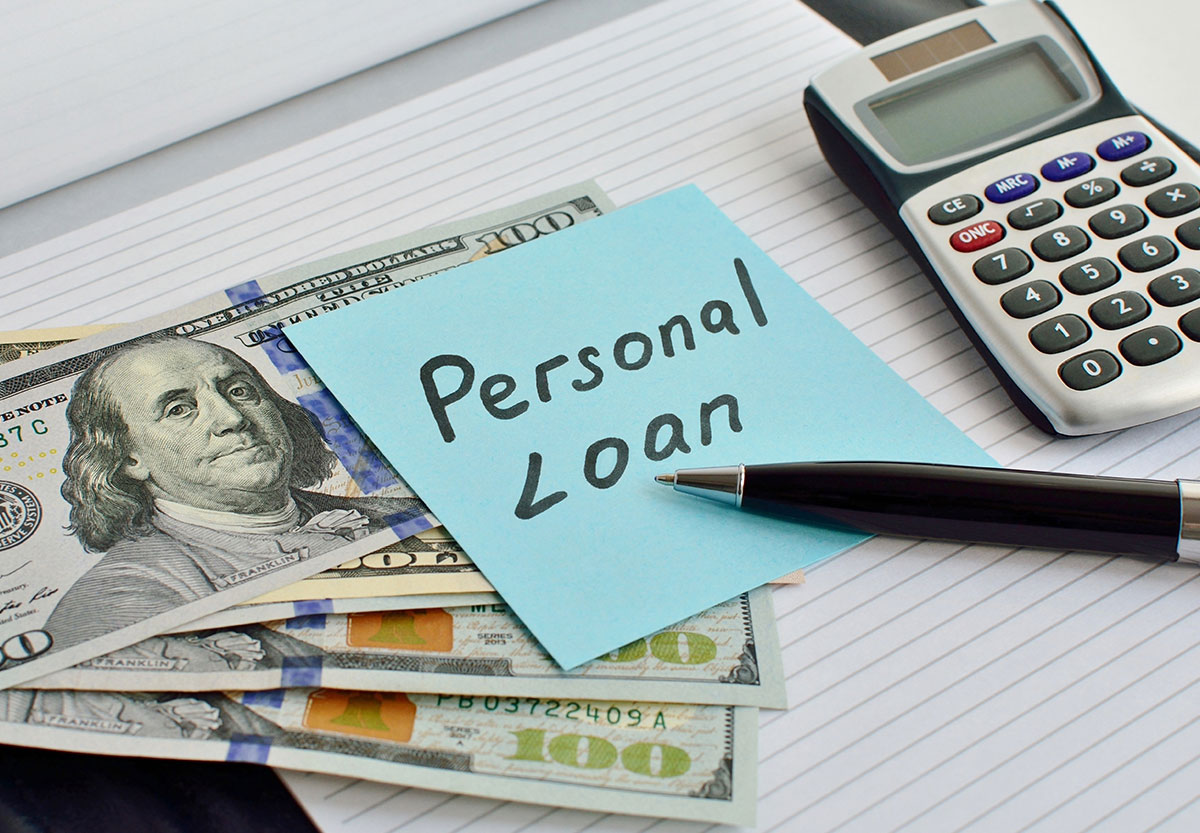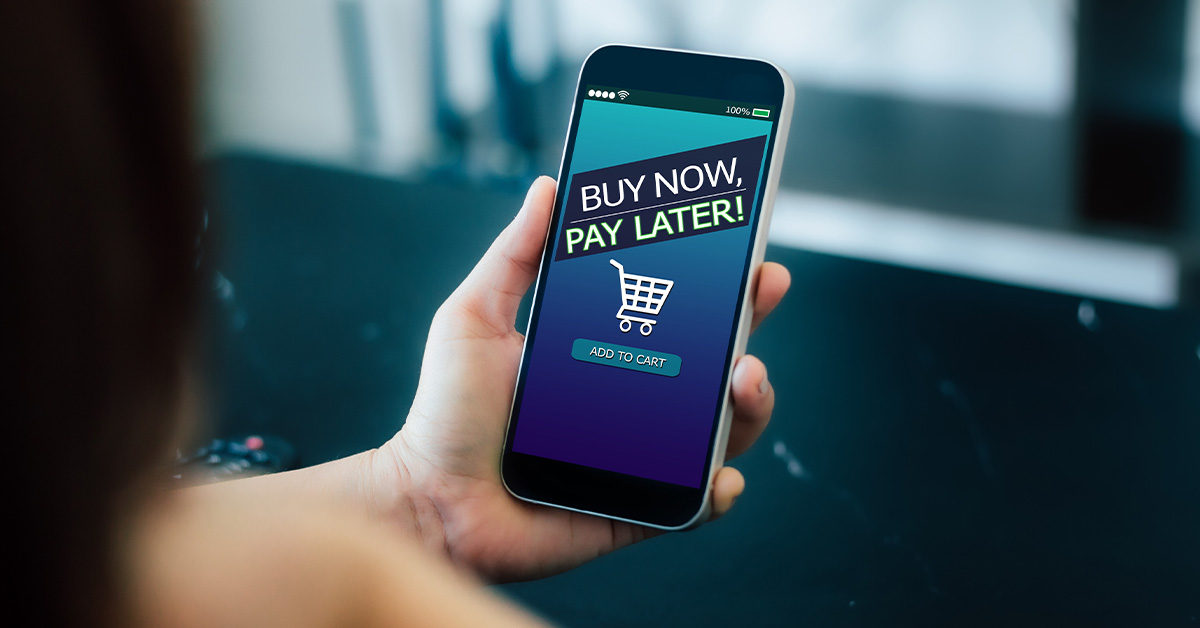
A Beginner's Guide to Personal Loans
Updated 11/19/25
Loans can be a great tool for businesses and individuals alike. Often, businesses will take out loans as a strategic move, and individuals can also do the same for their personal finances via a personal loan.
Personal loans can help you in several financial situations, but before you dive into filling out applications, there are some important basics to understand first. Check out our personal loan guide for beginners:
What is a Personal Loan?
A personal loan is a fixed lump sum of money borrowed through a financial institution. They typically come with a fixed interest rate and a set repayment period, making them predictable and easy to manage. Personal loans come in two types: unsecured loan and secured loan.
What is an Unsecured Loan / Signature Loan?
An unsecured loan is not backed by any collateral. Instead, financial institutions will review the borrower’s creditworthiness to determine the amount of risk involved with the loan. Unsecured loans are also known as signature loans because they operate in good faith based on the signature of the borrower to pay back the money. Because there is no collateral involved, these types of loans will come with higher interest rates or less favorable terms.
What is a Secured Loan?
A secured loan is a type of loan that requires collateral—an asset that the lender can claim if you default on the loan. The assets can be anything of value: real estate, equipment, inventory, etc. Real estate is a popular asset because of its high value and market stability. Because there’s more security for the lending party in a secure loan, they are easier to get and offer more favorable terms for the borrower, including lower interest rates and an easier approval process.
How Can You Use a Personal Loan?
A personal loan doesn’t have any stipulations on the way you use it. It is simply a sum of cash that you can use in whatever way you like. Here are some of the typical uses for personal loans:
- Home Improvement – Making repairs and updates to your home can require a lot of upfront resources, so many people use personal loans to make these improvements.
- Unexpected Emergencies – The unexpected does happen, and while it’s wise to save an emergency fund, sometimes even that isn’t enough to cover an unfortunate circumstance like being displaced by a storm or accident, or a family member that you need to suddenly house or take care of.
- Medical Expenses – Most insurance plans only cover major medical expenses up to a certain point. Expenses like deductibles, co-insurance, and even at-home recovery costs or extended time off work might need to be covered upfront and out of pocket. Personal loans can be a great resource to cover these expenses.
- Consolidate Debt – Paying off debt is a key element of healthy credit. Higher interest debt costs more over time, so taking out a personal loan with a lower interest rate can be a smart financial decision.
- Holiday Expenses or Vacation - A personal loan can be an attractive alternative to credit cards for holiday travel or shopping. Personal loans usually come with lower interest rates. Read more about holiday loans and using them for holiday expenses.
Understanding Personal Loan Terms
When you want to apply for a personal loan, you’ll come across a few key terms in your research. Here’s what those terms mean:
- Interest Rate – The interest rate, usually expressed as a percentage, is the amount of money you’ll pay back in addition to the amount borrowed. For example, if you took out a $5,000 personal loan at an interest rate of 10%, you’d have to pay back $5,500 ($5,000 + $500 or 10%).
- APR (Annual Percentage Rate) – Alongside interest rates, some personal loans include additional fees. The APR is the yearly amount you’ll pay in addition to the borrowed amount including the interest rate and any fees.
- Repayment Terms – The repayment terms dictate how long you will have to pay back your loan, plus interest and fees, as well as the minimum amount you’ll pay each month. For example, the repayment terms for the loan in the first example might be 36 months, which means you’d be required to pay a minimum of approximately $150 every month.
- Borrowing Minimum and Maximum – These terms indicate the minimum or maximum amount you are allowed to borrow. These terms might be based on the type of personal loan you’re taking out as well as your credit history and other factors.
- Prepayment Penalties – You might want to pay your loan back before the end of your repayment terms but doing so could mean paying extra. Not every loan has prepayment penalties, so be sure to know all the terms of a loan before applying.
- Additional Terms to Consider – Some lenders include additional fees like origination and service fees. These additional costs can add up quickly, so be sure to look over all the fees attached to your loan before you sign on the dotted line.
How to Apply for a Personal Loan
Applying for a personal loan is straightforward. Once you’ve read over all the terms from the lender, simply fill out the application and wait for approval. The lender will review your application and consider several factors including your:
- Credit History
- Debt-to-Income Ratio
- Employment Status
- Income
The better these factors, the more likely you will be to qualify for a lower interest loan.
Should You Take Out a Personal Loan?
First and foremost, you should only ever take out a personal loan if you can afford to pay it back. Personal loans are meant to be strategic financial decisions that can help you become more financially fit. They aren’t meant to be free money, and they always come with a cost.
If you think a personal loan might be a good step for you, the first thing to do is speak with a Community First loan consultant. They can help you look at your specific situation and find the best personal loan option for you.
More to Know About Loans from Community First
- Questions to Ask Before Applying for a Personal Loan
- How Holiday Loans Work
- Loan Terminology Everyone Should Know









